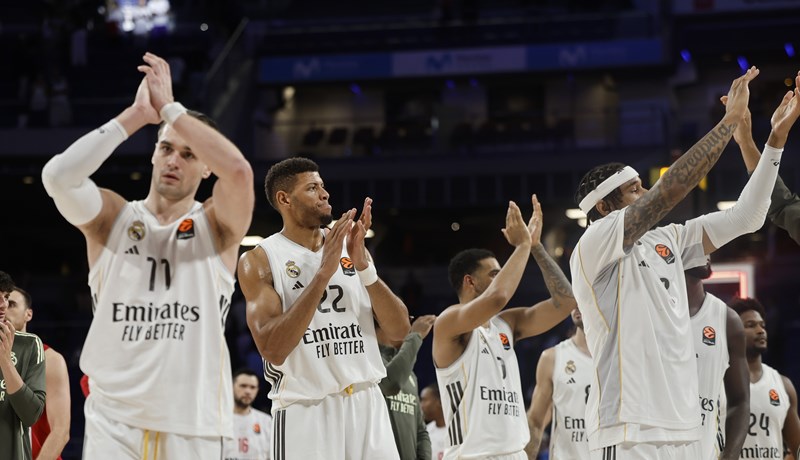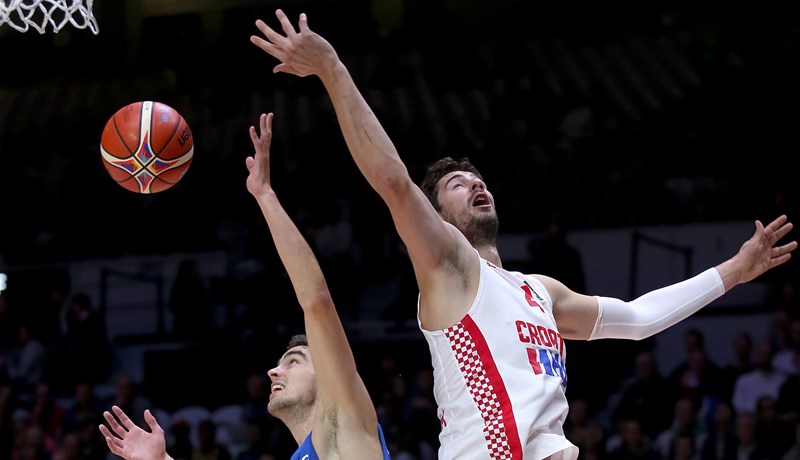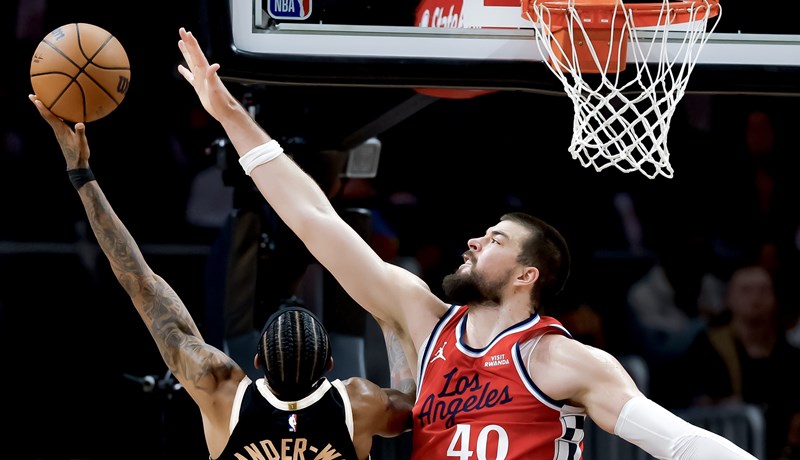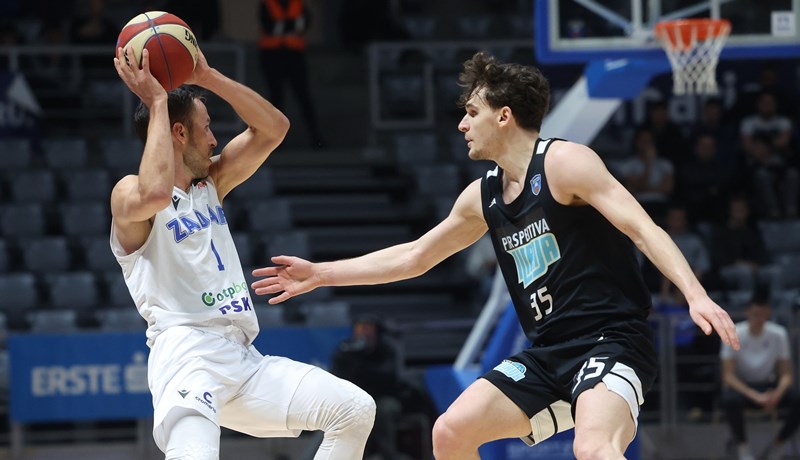I've got a Spanish friend named Juanan Hinojo who
has written a book on Yugoslavian basketball (called Stolen Dreams) after
interviewing dozens of people in the process (travelling to Zagreb, Split,
Belgrade or Sarajevo, among other places). The book is extremely brilliant IMO,
focused on the Golden eighties generation, but digging also into the whole
Yugoslavian system and history. It is soon to be translated to Balkan languages,
and he has even created a website with interview cuts, basketball clips and some
other stuff (still only in Spanish, but will be translated as well in the near
future):
http://www.baloncestoyugoslavo.com/
Anyway, the guy has
explained his opinion on Croatian basketball at the ACB Forum:
http://foros.acb.com/viewtopic.php?f...777&start=1545
I
think it's a great read. I've done a quick translation and it might be a bit
rough, but I think it's very easy to understand.
"Croatia advocated,
with the independence, for a kind of denial to anything that reminded of
Yugoslavia. At all levels: social, cultural, political... In basketball, the
Yugoslav system at the time of the collapse was mostly Serbian. And in the new
Croatian basketball, the ideological leaders kind of purged looking for the
essence of a Croatian basketball that had spent many years without being "pure"
due to mixing with the influences brought by the various coaches that were
there: Maljkovic, Sakota, Djurovic, Ivkovic...
In these circumstances, it
seems very significant the different type of speeches between former players and
coaches who lived the Croatian era, from those who lived the Yugoslav-Serbian.
That is, those who played in the seventies (teams were directed by domestic
coaches) and those who played in the eighties, with the arrival of many Serbian
coaches.
Keep in mind that the symposium which brings together the 66
best coaches of Yugoslavia in Belgrade to unify criteria in all categories (I do
have the report made by Zeravica, Novosel and Boris Kristancic) happened in
1971. This has two readings. On the one hand, chronological: it still took some
years to see the consequences of these theoretical precepts reflected in senior
basketball. On the other hand, the context: this is the splendor period of
Nikolic's Ignis Varese, ergo, he's outside of the country and it's Zeravica's
and Novosel's decade of influence, and especially Novosel (Zeravica is a hybrid
in many ways, he demands discipline but leaves complete freedom in their
offensive players) had the opposite ideology of the Belgrade School commanded by
Nikolic's students that would eventually transform the Croatian basketball...
but in the next decade. The exception in the eighties would be limited to Cibona
Zagreb, the reservation of Mirko Novosel.
Thus, players and coaches of
that decade that I interviewed, as Djerdja, Skansi, Jerkov, or a representative
of Cibona's eighties exception Aza Petrovic, they defend a way to do and a very
different basketball to what prevailed in the former Yugoslavia. I emphasize "a
way to do" because we talk about training methods, strength, demands,
discipline, tactical depth... not only if a basketball is more offensive or
defensive. That people are totally oppossed to the last Yugoslav School. By
contrast, those brought up in contact with that school (Cvjeticanin, Radja,
Tabak...) believe that the Serbian school is better and many of its precepts
should be implemented.
But the rulers of the Federation have always been
the representatives of the classic Croatian trend with Novosel at the top at
first and Radic as president today. It is no coincidence the name of the first
coaches since the independence: Novosel, Aza Petrovic, Skansi, Djerdja. And that
preference when choosing the coaches is also extended to the junior level, both
in teams and in clubs.
Thus, youth Croatian basketball is full of
anarchic teams that work little, play five players for forty minutes, have
little joint planning and coordination... Add to the equation the presence of
agent groups with broad influence in the creation of rosters and NTs (although
that problem is common to the whole Balkans) and it results that it can not work
because it already fails from the very base. It's a structural problem, not
cyclical.
For now, the failure of the NT in this Eurobasket seems to have
led to a popular movement calling for Radic resignation. All former players from
the last batch that I asked were totally against the policy and ways of the
Croat federation. The change goes through a regeneration and the entry of new
ideas.
I do not want it to sound like the Serbian School is the panacea,
because it is not. The Serbian basketball is not that vastly superior, but the
image of the national team weighs heavily in the opinion. And Serbia has a good
NT, but the state of basketball is far from ideal. Beyond the 12-15 men's group
led by Ivkovic there's not much else. Another thing is that Serbia has a great
coach and that the NT in the end resembles a club (they've spent several summers
with the same core) making them play well and optimize the talent of each
player. Few teams are closer to maximize thier theoretical performing level than
the Serbian. But hey, that's another debate. What I mean is that the Serbian
basketball is not exemplary, but compared to Croatian it's almost a sporting
pipe dream.
I'd like to see Saric, Hezonja, Bogdanovic or Tomic in
another environment. Current and earlier. Because I do not think Serbia is
creating better prospects. What it does is burning and deforming them".

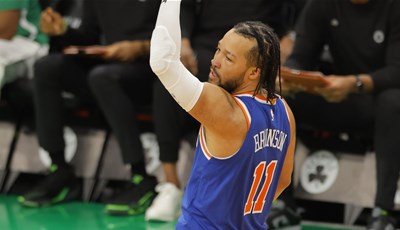
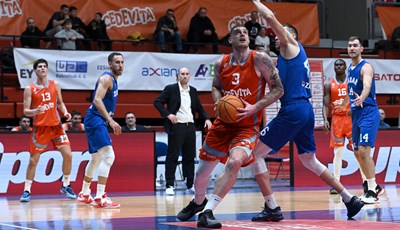
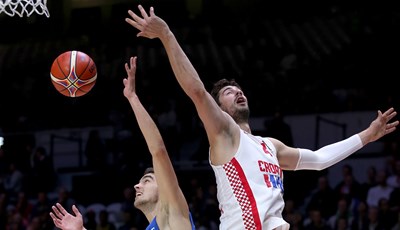
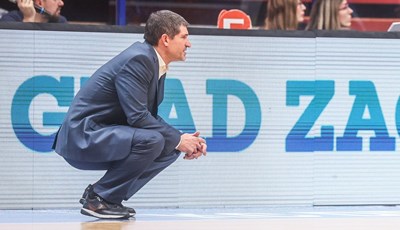
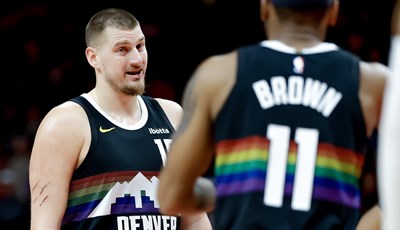
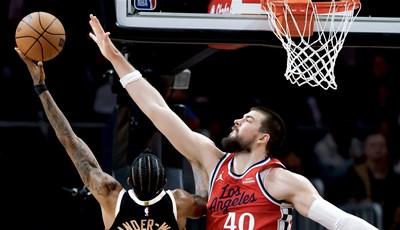
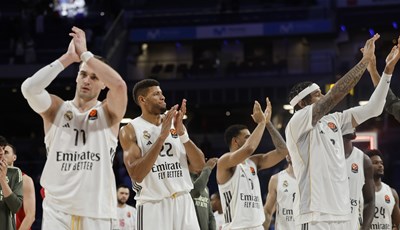
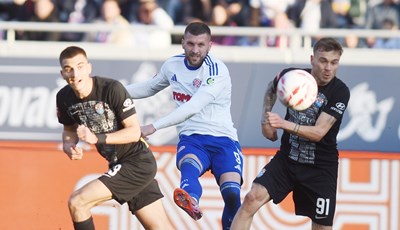
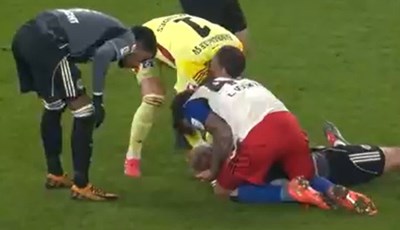
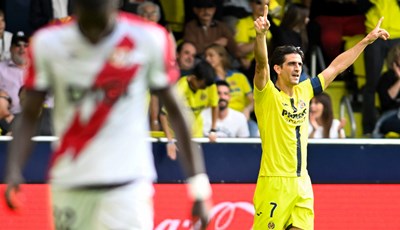
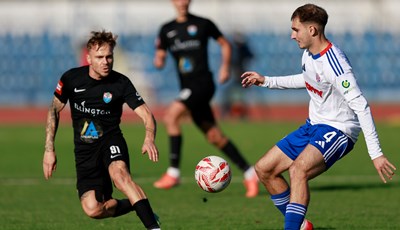
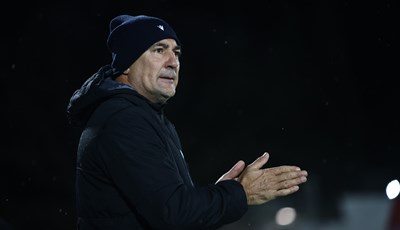
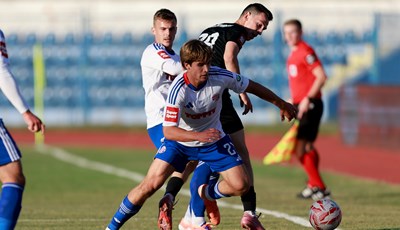
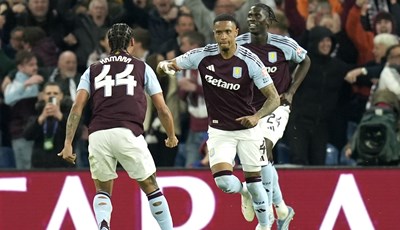
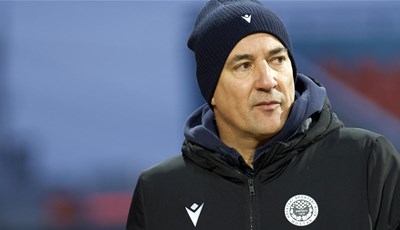

 stvarno impresivno znanje. Inače 1000x je teže uspjeti u sportu nego završiti neki fakultet, da ne pričam koliko znanja treba da se popravi bojler, tečaj od 3 mjes. maksimalno.
stvarno impresivno znanje. Inače 1000x je teže uspjeti u sportu nego završiti neki fakultet, da ne pričam koliko znanja treba da se popravi bojler, tečaj od 3 mjes. maksimalno.


